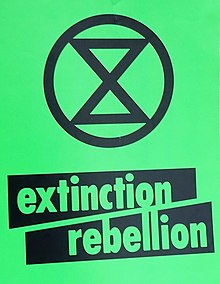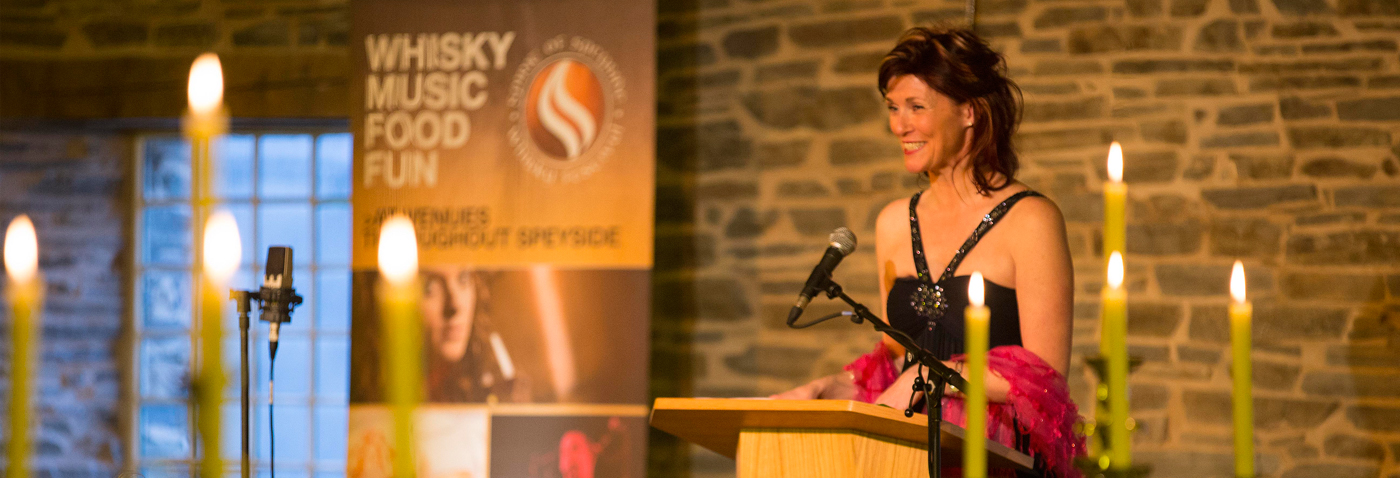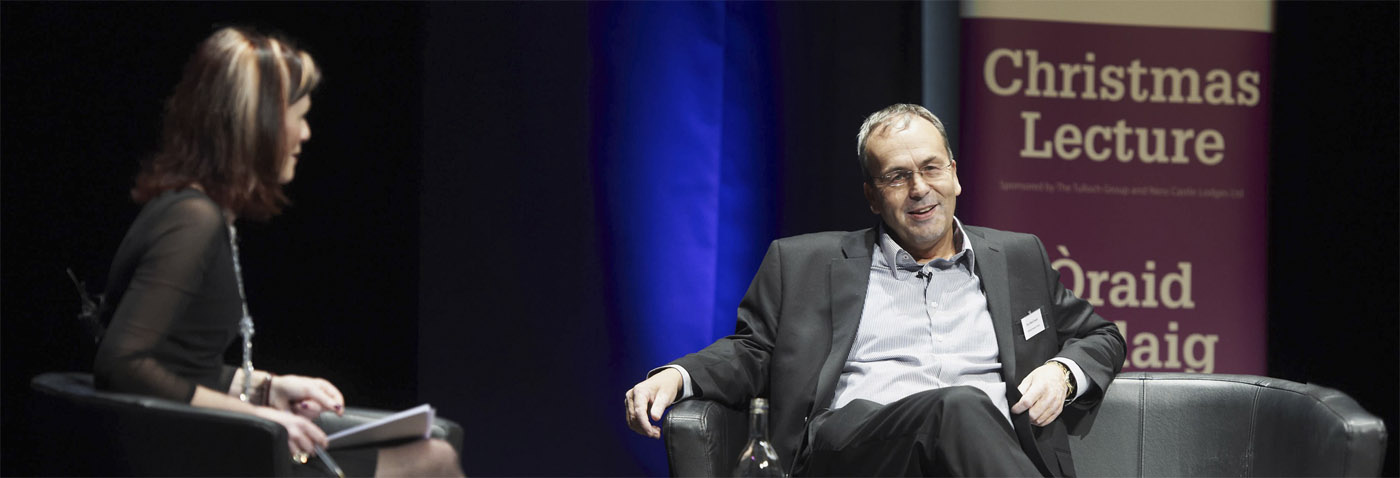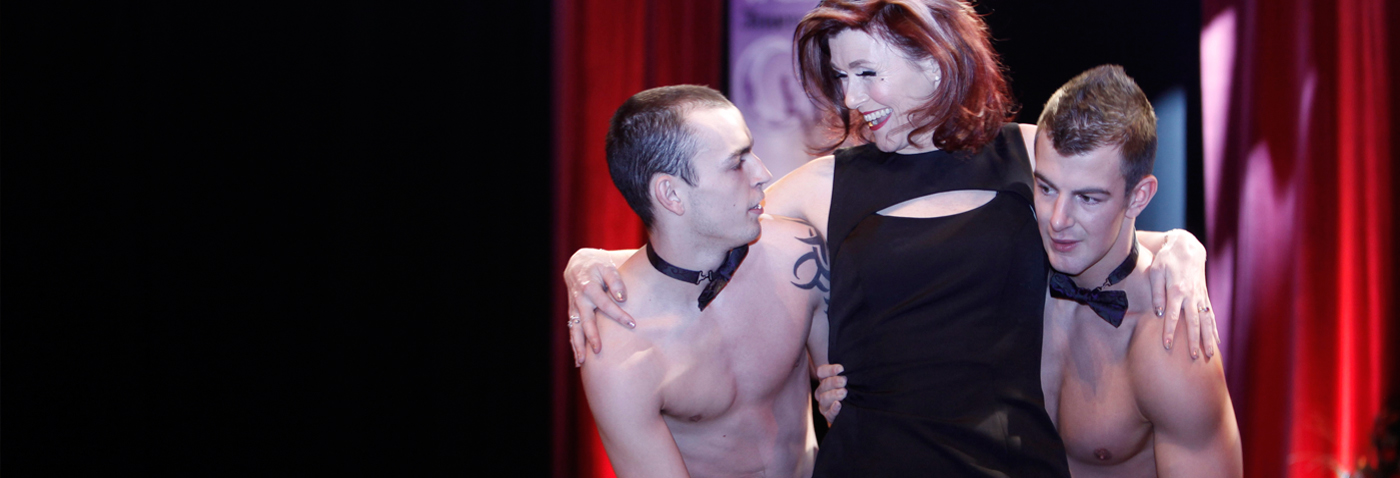A few weeks ago, I pondered how I might respond when a future, inquisitive grandchild sidles up to me, homework jotter in hand, and asks ‘Granny, what happened during Brexit?’ and confessed I will have no idea how to answer that child.

Last week 16-year-old climate change activist Greta Thunberg posed that very same question, but about something much more important than Brexit; our planet. In 50 years, how are we going to explain to our grandchildren and their children that we did little or nothing to prevent the continued pollution of our air and seas, the deforestation and colonisation of our wild places, and the plundering of the earth’s natural resources? All this to fill our bellies, fuel our transport and power stations and meet our insatiable desires for faster electronics and fancier gadgets? Thunberg’s is a much more uncomfortable question than my Brexit one, because I am complicit in climate change. And here is why.
Meat and transport. My worst vices.
First; I eat red meat. I think nothing of roasting a lovely joint of beef on a Sunday or frying a steak for a midweek dinner. I’ll think I’m doing ok because the meat will have come from a local butcher who sourced it from a local farm. With minimal food miles and veg bought locally too, I believe I’m doing my bit. But apparently not. According to the findings of a wide-reaching research project published by Oxford University last year, veganism is the single best way for each of us to reduce our impact on planet earth. Taking greenhouse gases and the use of deforested land into account, the beef and dairy industries are the worst culprits.
But I don’t want to stop eating beef, and cheese? My life without cheese is unthinkable… But by shopping locally am I not supporting local farmers and the rural Highland economy? Isn’t that a good thing? Apparently, it’s not justification enough.
So what else?
My second vice is transport. Mr Marr and I own a car each, and we recently splashed out on a motorhome to celebrate 25 years of marriage. My mileage in my wee red car is minimal (less than 2000 in the last year) but I regularly fly for holidays and on business. We’ve not left the Highlands in our new van yet, but we do drive up and down the A9 as much as we take the train. Of course, if Scotrail services were better… You see? My excuses are piling up…
But there is some good stuff…
There is some good stuff: I switched to a green energy supplier. I recycle all the glass and packaging that I can. I try and mend stuff rather than throw it away, and I recycle clothes, bags, nick-nacks and unwanted gifts to charity shops. Our house is well-insulated – I made draught excluders from excess (second-hand) curtain fabric, stuffed with towels that were past their best. I never use beauty products that contain micro-beads and I detest food waste, to the extent that my freezer is home to wedges of half-used citrus fruits, ready to be added to a future G&T. My veg patch is enriched by the compost I make, and I try to cycle or walk short journeys rather than use my already under-utilised car.
But I am guilty. Guilty of consuming too much of what I like because it suits me, because I can afford it and because I am lazy, time-poor and think that climate change doesn’t apply to me.

It does apply to me. It applies to us all. I’m not about to join the Extinction Rebellion and super-glue myself to The Kessock Bridge in protest (but why not?), but we need people who will take direct action if we are all individually, and our politicians collectively, going to sit up, take notice, accept responsibility and start looking after the only home we – and our children and grandchildren – will ever have. This is the most important issue we are facing, whether we like it or not. Carrying on as we are is killing our planet.
We now thank the suffragettes.
People have called for climate change protesters to be locked in jail. Just over 100 years ago the same was being said of the women who were fighting, demonstrating and chaining themselves to railings, all to give women the vote. We applaud those strong, selfless women now, and thank them for the sacrifices they made on our behalf. What will history say about us?



